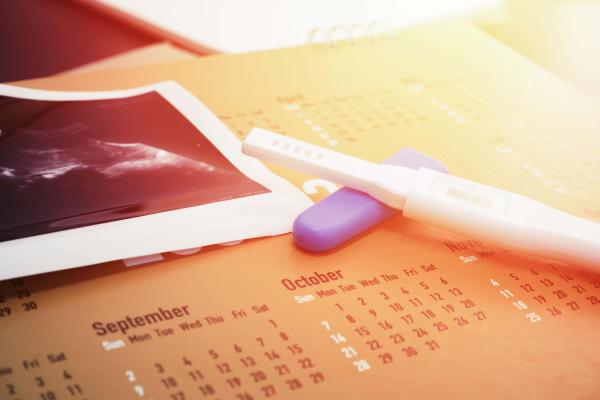Oct 5, 2022
When my husband and I started fertility treatment, we intentionally stopped going to church. Due to various traumatic religious experiences, we had been floating for over a year and we remained undecided on whether belonging to any religious organization would be part of our future. Then we went to a church service on Father’s Day weekend. Belting pop songs about the joy and goodness of God was already too much. But then they asked all fathers to stand and it broke us. Around this time, we alerted a small group of people that we were beginning fertility treatment and taking a break from church service.
Read the Full Article

Already a subscriber? Login
